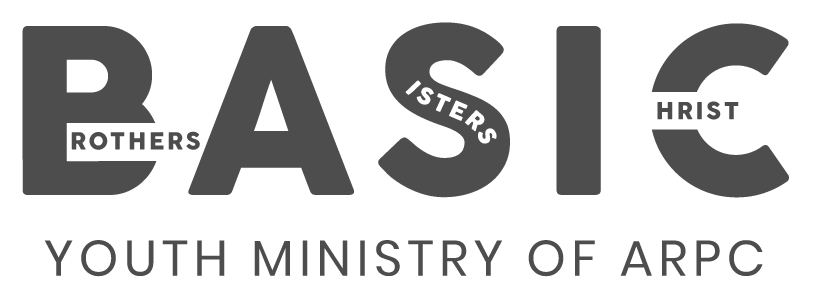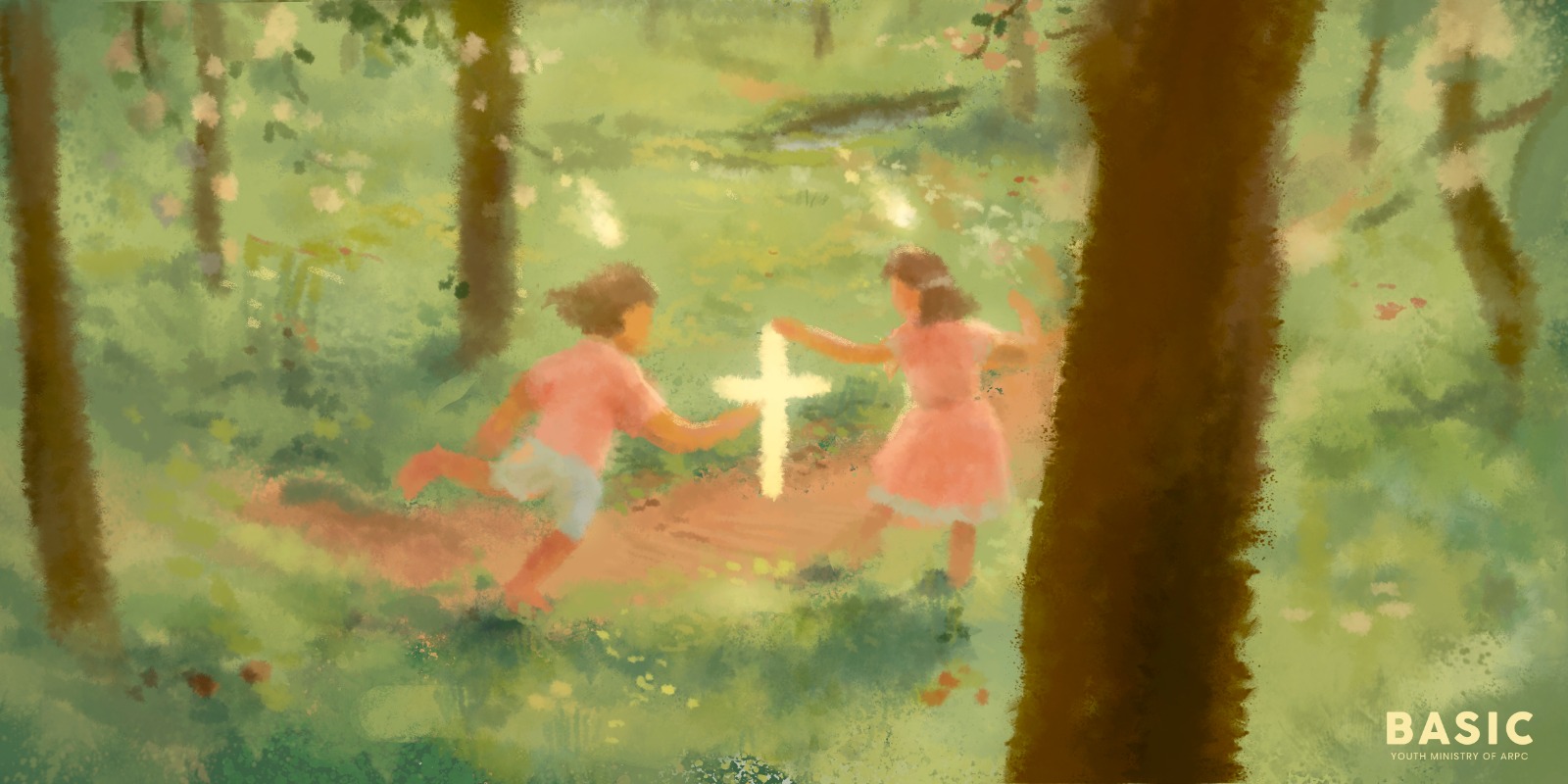Ivan shares about his good and bad experiences of friendship. He shares about what friendship means to him and some biblical principles for Godly friendships. Friendship is something that many of us treasure, but at the same time, something that many of us struggle to understand and experience well. This is first of a two part post from Ivan, and the fifth post in our series ‘Community and Fellowship’.
As a child, I never enjoyed going to church.
There was a saying that floated around in my JC – “The people we spend the most time around will naturally be our closest friends.”
Growing up, Christian fellowship meant very little to me. We spend countless hours, 6 days a week in school. And 3 hours a week in church. Church was a place to spend my weekends, to eat meals with my cell after service, and to play games during socials. But school – school was where I would pour out my heart, where my friends and I shared good times, countless suppers and our heart’s deepest secrets.
Many of us have crafted the definition of an ideal friendship from movies, books and personal experience. As good as friendships got, I’ve always felt that something was missing: and never bothered to look at the one place I’d neglected my whole life.
“Greater love has no one than this: to lay down one’s life for one’s friends.” (John 15:13).
Secular Lies
The world might offer us a list of what makes a true friend: Common interests, memories, values, making each other happy. When we find people who fit our checklist, we give them names: bffs, ride-or-dies, bros.
A while back, one of my closest friends of 7 years sent me a shocking message. He told me he didn’t feel like the friendship made him happy any longer, and that it wasn’t worth it for him anymore.
I was heartbroken: we want people who stand by us when we have nothing to offer, yet we make our own long checklists of what we want out of a friendship.
My definition of friendship was inherently selfish. Even most of us, after a decade or two of living, would acknowledge there is a missing ingredient, an extra factor we can’t really place a finger on. And the answer is one the world cannot offer.
David and Jonathan
“1 As soon as he had finished speaking to Saul, the soul of Jonathan was knit to the soul of David, and Jonathan loved him as his own soul. 2 And Saul took him that day and would not let him return to his father’s house. 3 Then Jonathan made a covenant with David, because he loved him as his own soul. 4 And Jonathan stripped himself of the robe that was on him and gave it to David, and his armour, and even his sword and his bow and his belt.” (1 Samuel 18:1-4).
There is something magical about one of the closest friendships in the bible. As soon as he sees David, Jonathan’s soul is knit closely to David’s. He takes off his armour and his weapons, and loved him as his own soul, all before he had known David well.
This is entirely opposite to what the world teaches. The choice to love comes before the happy experience of friendship. Jesus died for us before we were even born.
Paul states clearly in his letter to the Romans: friendship is not about what we can gain, but what we can give. It’s not about loving based on our merits, but loving in spite of our flaws. It is inherently selfless.
“Be devoted to one another in love. Honour one another above yourselves.” (Romans 12:10).
“Bear with each other and forgive one another if any of you has a grievance against someone. Forgive as the Lord forgave you.” (Colossians 3:13).
The Third Strand
We cannot give to others what we do not possess. The love we receive is also the love we give. So, where does our ability to love selflessly come from?
“10 This is love: not that we loved God, but that he loved us and sent his Son as an atoning sacrifice for our sins. 11 Dear friends, since God so loved us, we also ought to love one another. 12 No one has ever seen God; but if we love one another, God lives in us and his love is made complete in us.” (1 John 4:10-12).
There is a third party in each friendship, one who gives us love in abundance: God. We receive love from Him, and pour it out to our friends, honouring them above ourselves. This is God’s definition of relationship: a sacrificial, unconditional love.
We cannot give to others what we do not possess.
Whether or not they are Christians, God has shown me true joy and healing in sharing His love with my friends, and the freedom in loving not because of this or that, but simply because.
We must leave behind the checklists and exclusivity, and tear down the walls we’ve built around our heavy hearts. Start sharing love, and be to others what Jesus is to His friends when He laid His life down for us. And slowly, many small candles come together to form a community of light.
There is no greater love than this.
Written by Ivan
Ivan loves sleeping, and resting in the presence of the Father. Relatively new to BASIC, Ivan is immensely grateful for the warmth he has found among brothers and sisters in the faith. He is always down for a chat about anything, with anyone, especially over non-dairy bubble tea and frozen grapes.
Photo Credit: Social Media Team A

